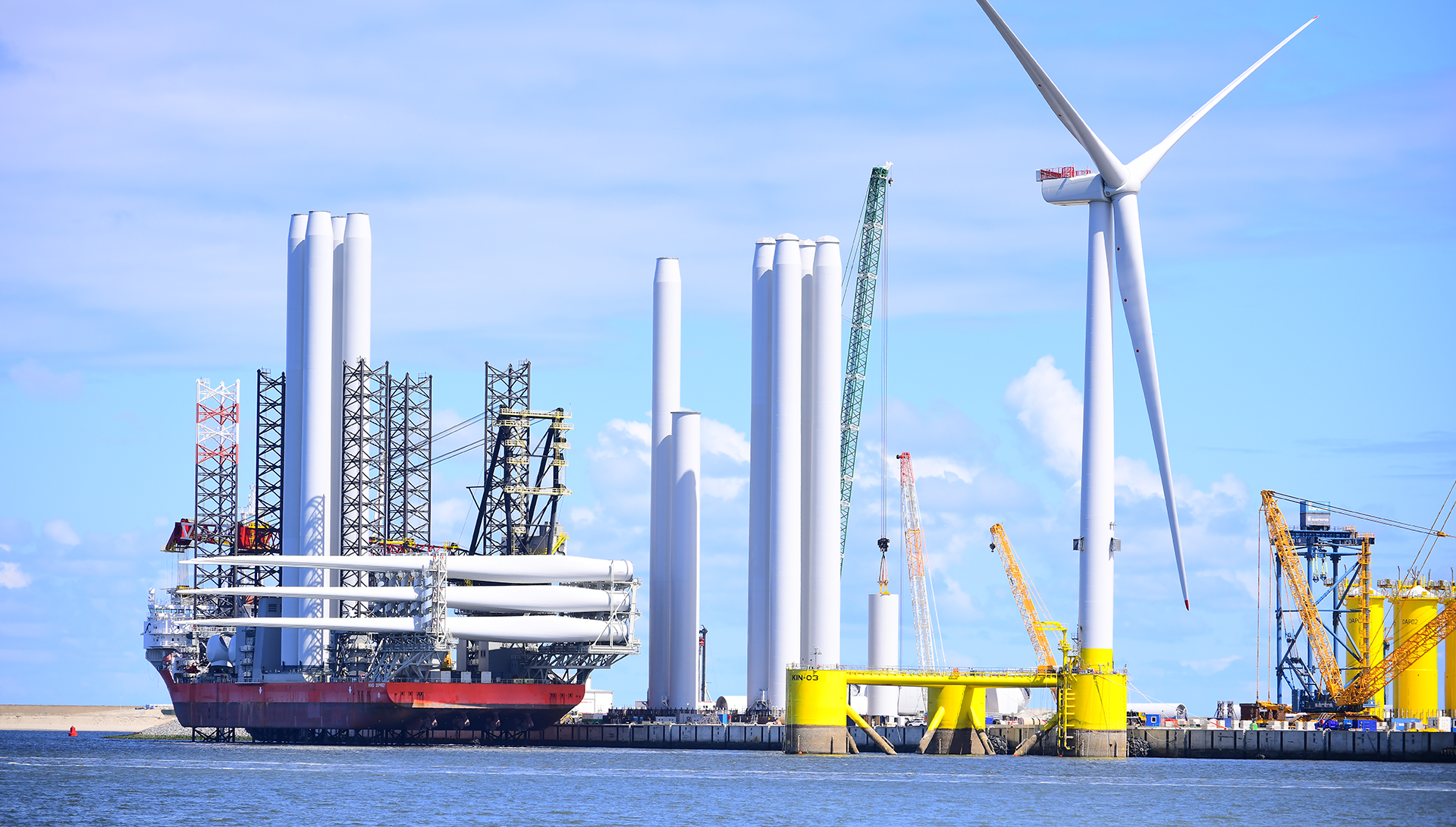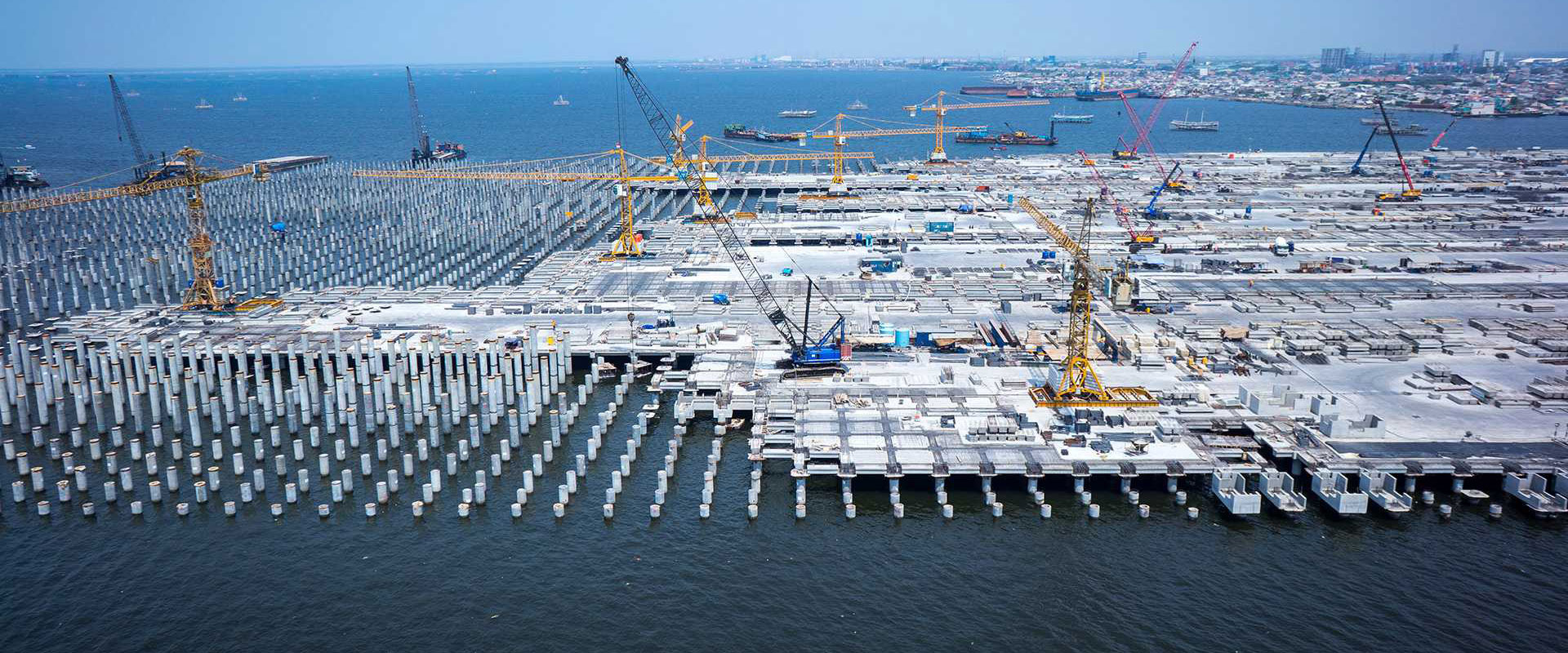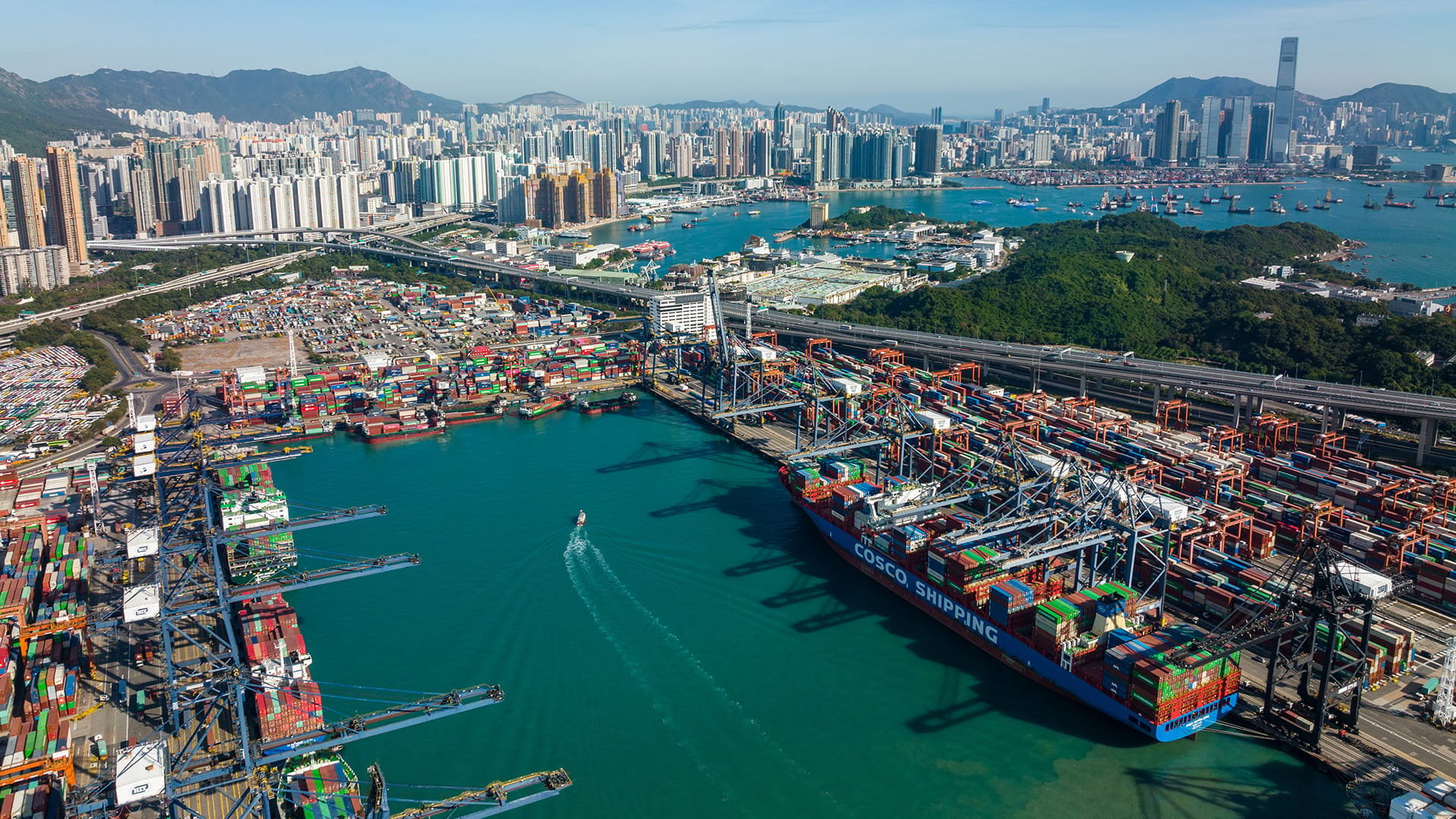Helping prepare Portugal’s ports for offshore wind

Project facts
- ClientOcean Winds
- LocationPortugal
- DateMay 2023 - December 2023
- ChallengeA need for better understanding of current port capabilities and required upgrades for offshore wind.
- SolutionAppraisal of three key ports to help them prepare to support offshore wind.
The challenge: a need to understand the role of ports in offshore wind
The Portuguese government has an ambitious target for 10GW of offshore wind energy by 2030 as part of a plan to accelerate the country's energy transition. But to construct and operate offshore wind farms, it needs ports that are equipped to support the wind energy market.
Ocean Winds (OW), a joint venture between EDP Renewables (EDPR) and ENGIE, initiated a port capacity study for three short-listed ports to provide an understanding of how they can support future floating offshore wind developments in Portugal. It contracted Royal HaskoningDHV to do the assessment.
The solution: appraisals of three key ports and the upgrades they need
Our experienced team of specialists – assisted by our Portuguese partner EXE-QUADRANTE – assessed that no Portuguese ports had the necessary infrastructure to support offshore wind.
We undertook port appraisals to evaluate the current and future port requirements, local constraints, and potential of the three short-listed ports. We identified the potential port upgrades in each port, in line with existing port master plans, to meet the requirements of offshore floating wind integration.
We also identified the risks and opportunities along with key stakeholders who may be affected by any future development plans.
We then developed a Class 4 cost estimate for the identified port infrastructure upgrade works, based on local data sources and assumptions. Plus, we outlined Level 2 schedules for the identified port infrastructure upgrade works, considering project development, permitting, consenting, and construction phases.

Ports are vital to support offshore wind. And a clear understanding of their current status and necessary upgrades will help prepare them faster.
The result: comprehensive recommendations for offshore wind opportunities in Portugal
The key data, figures, and recommendations provide OW with the relevant port development opportunities and costs as it pursues future offshore wind developments in Portugal.
OW now has a clear understanding of the investments needed to develop each of the short-listed ports – so it can start accelerating Portugal’s transition to renewable energy faster and sooner.




